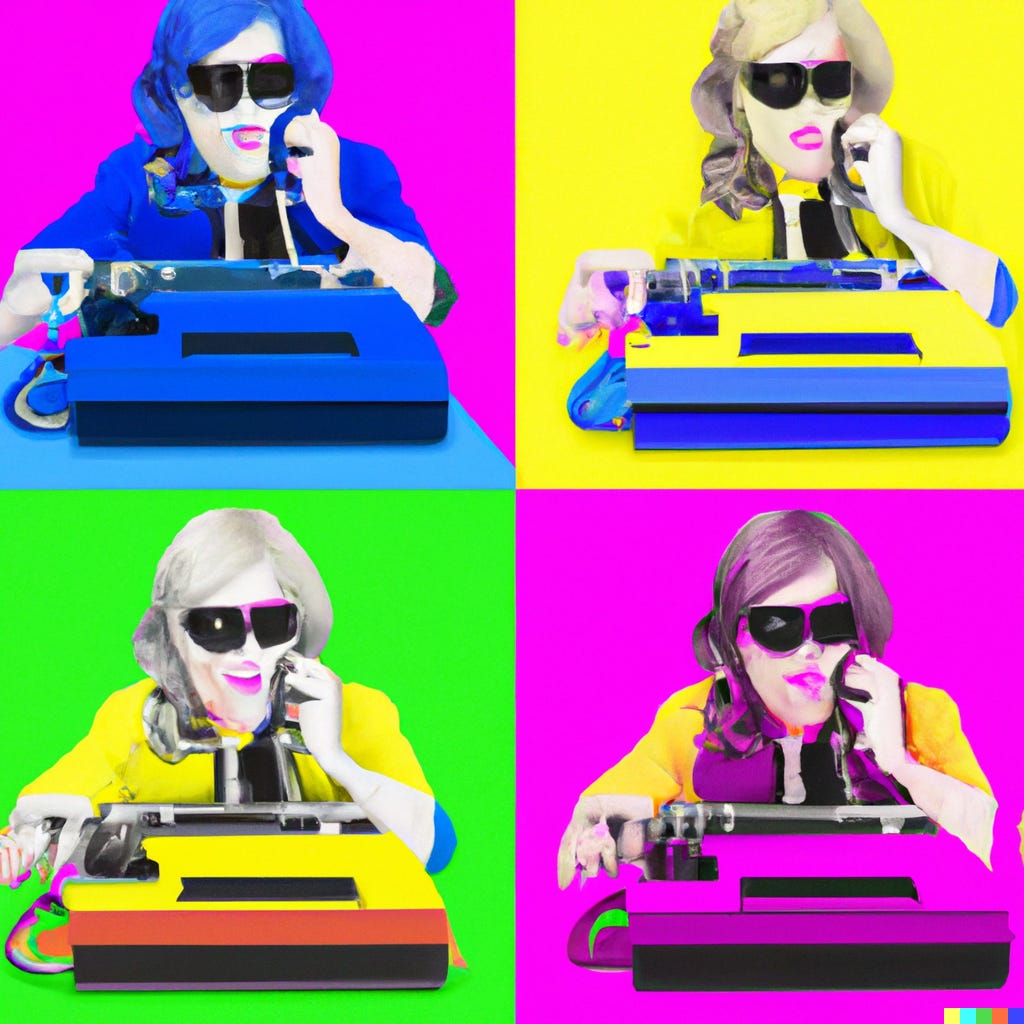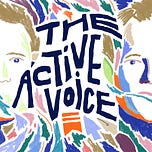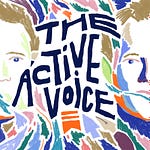No one covered the Johnny Depp–Amber Heard trial in quite the way that Jessica Reed Kraus did on Instagram and Substack, taking her readers into the courtroom, behind the scenes, and into some of the most salacious details of the actors’ personal lives. Near the start of the pandemic, the relatively unknown writer and influencer had pivoted from writing about home renovations and her four children in Orange County to something that she felt could bring people together in more civil conversations: celebrity gossip. Nearly two years on, Jessica has accumulated more than 1 million Instagram followers and more than 100,000 Substack subscribers. Now some of Hollywood’s biggest names turn to her to tell their sides of complex stories..
She got there thanks to her bold and gleefully obsessive coverage of trials involving Britney Spears, Ghislaine Maxwell, and—her breakout moment—Depp-Heard. When the Depp-Heard case began in April this year, Jessica recognized its significance and felt compelled to cover it, despite having no prior professional journalism experience. Through daily Instagram Stories and then in-depth Substack posts, Jessica relayed gossip she had gathered through the proceedings, as well as phone calls, texts, DMs, and more, much of it from close-to-celebrity sources who would never talk to the mainstream media. Her scoops—unfiltered, unsanctioned, and unabashed—touched on the tawdry and the truly scandalous, almost daring the powerful subjects to respond.
“From what I can tell, I think mainstream journalists are confused by it, and there’s definitely a sense of an underlying resentment, and I get it. I also think there is a tendency to want to dismiss me as a throwaway gossip site, but I think the evidence is in the audience.”
So why has Jessica, who has been unafraid to take sides in the stories she’s covering, become one of the most trusted gossip writers among the Hollywood elite? What does her sudden success say about the rise of the influencer-reporter in the new media economy? And can the art of gossip be rediscovered on new platforms?
All this, and more, in this week’s episode of The Active Voice.
Quotes from the conversation
On gossip writing
I always mention Dominick Dunne as my role model. [His gossip columns] were very artfully done, and a lot of it had to do with gossip and things he was seeing or hearing about Hollywood society, or the trials that he went on to cover. I think he did a really tasteful job at it.
On growing as a known storyteller
It happened very quickly. I didn’t see it coming. It’s not like anything I prepared for or plotted. I was just doing what felt right to me and the coverage I prefer and the way I like storytelling to be unfolded, so I didn’t see any of it coming, which has been incredible. I’m so excited and grateful, because I would do this for free; my passion is telling these stories.
On appealing to sources
Well, really, I think human nature is: you want to share your stories. People like to talk about the experiences they’ve been through, and most people don’t trust mainstream media—what they’re going to do with their words and their experience—so I feel like, and I’m just speculating, that these people come to me because they trust my vision. Also, they feel protected that I’m not going to overstep when it comes to what we’ve agreed on sharing.
On getting a phone call from Johnny Depp
I was absolutely shocked. Even now I’m like, “Did that really happen?” You know? I think when I got off the phone I was like, “What the hell was that? I just took a random phone call from Johnny Depp.” It was a great conversation. I mean, he had all sorts of interesting stories, and he just seems to be an easy person to talk to.
On the breakout moment
I’m pretty sure the Johnny Depp trial doubled my following, which was crazy. I think I had just under 600,000 [followers] before I started, and now it’s well over a million, so it was huge.
On pivoting from lifestyle to culture
I think around 2020, during Covid-19, things had gotten so crazy online, and it had become a hostile environment. Every time I logged on [to the internet], everybody was fighting. It was just an ugly place. I was at the point where I was going to be done with it. It was just not what I wanted it to be anymore, and so the pop culture pivot was kind of born out of that. I was done with the internet, and I just thought, “I’m going to post things that make me happy.”
On earning haters
I have these hate threads dedicated to my every word, and they dissect everything I say and post, and they make up lies about my family. I think they hate that somebody they used to like or identify with has shifted the narrative and is now succeeding; it’s almost like a traitor to them. It feels very personal, because I can’t figure out any other reason you would spend time on these sites harassing just a random person on the internet unless you felt some sort of personal connection to them.
On being banned from Instagram
It was terrible. All my work and memories, and contacts—you realize how much you depend on an app, which is scary because you see how it can just be taken away overnight. I went to bed and woke up with everything gone. I was most upset over my family memories. I’ve been on there for over 10 years, so there’s been a lot of my personal life documented, and my heart was broken over that.
On making a new career
I feel like nobody thinks that they turn 40 and their life career is going to be handed to them. I think I’m at a point in my life where I really appreciate it, because I didn’t see it coming, and now, like I said, it’s a dream job.
On the big life switch
There was a couple weeks ago where I’d been on the phone with so many of these incredible sources, some of them celebrities, some of them just people I never thought would reach out and talk to me, and it was just one after another, and it just ... I get off the phone and I’m like, “Is this real life? Was I just washing dishes, talking to Courtney Love about her roses in the garden?”
Show notes
Jessica’s recommended Substack read: The Queen: What She Meant to Me in Vicky Ward Investigates
Jessica Reed Kraus on Instagram and Twitter
[01:13] Speaking to Johnny Depp
[08:00] Growing an audience through the Johnny Depp–Amber Heard trial
[09:18] On respecting the art of gossip
[13:00] The reaction from mainstream media
[18:32] On gaining the trust of sources
[19:35] How it all started
[22:01] On being branded an “anti-vaxxer”
[27:06] Being banned on Instagram
[29:31] Turning a passion into a career
[31:39] On speaking to Courtney Love
[32:50] Preferring being behind the scenes
The Active Voice is a new podcast hosted by Hamish McKenzie, featuring weekly conversations with writers about how the internet is affecting the way they live and write. It is produced by Hanne Winarsky, with audio engineering by Seven Morris, content production by Hannah Ray, and production support from Bailey Richardson. All artwork is by Joro Chen, and music is by Phelps & Munro.
Postscript





















Share this post